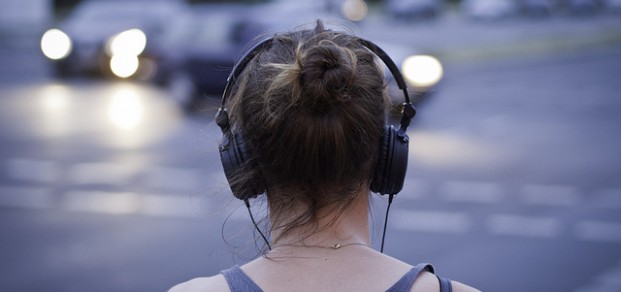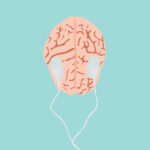Introduction
Clinical, unipolar depression is more than just feeling low for a day or two.
Depression is characterised as episodes of sadness, loss of interest and pleasure, often including feelings of low self-worth. Depression can also include a range of physiological symptoms, such as fatigue, pain, diminished appetite, lack of interest in sex, disturbed sleep, and poor concentration.
The World Health Organisation estimates that, globally, as many as 350 million people are affected at any given time, with one person in 20 reporting an episode of depression in a 12 month period (in a global sample of 17 countries). They describe depression as the leading cause of disability worldwide.
What we know already
Evidence suggests that combined psychological and pharmacological treatments seem to work well. Broadly, we know that psychotherapies work in many cases – but not every time. We know that neurochemical factors, such as serotonergic dysfunction, play an important role in depression, which goes a long way in explaining the efficacy of SSRI treatments.
We also know that depression has a nasty habit of recurrence, and some psychological interventions, such as Mindfulness-Based Cognitive Therapy (MBCT) is recommended particularly for people who have experienced multiple episodes of depression, but not are currently severely depressed.
We know that people living with chronic physical illness are more likely to experience depression, and this combination is linked with poorer clinical outcomes.
Importantly though, we know that people with depression can still enjoy themselves, and a common misconception in depression is that people feel totally awful all of the time.
Areas of uncertainty
There is much still to determine. For example, we know that depression is hereditable, however the extent of heredity versus environmental influences are unclear.
We are also unsure as to the precise mechanisms that determine those who respond best to treatments, be they psychopharmacological, or psychological, or both.
What’s in the pipeline?
Despite advances in our understanding of depression, and how it is treated, it remains a highly recurrent difficulty, with many people not achieving complete remission between episodes.
Preventative interventions, either physiological, or psychological, may improve people’s resilience to depression, particularly those identified as being highly prone.
References
Cuijpers, P. (2015). Psychotherapies for adult depression: recent developments. Current Opinion in Psychiatry, 28, 24-29. [Abstract]
Naylor, C., Parsonage, M., McDaid, D., Knapp, M., Fossey, M. and Galea, A. (2012) Long-term conditions and mental health: the cost of co-morbidities. The King’s Fund, London, UK [PDF]
World Health Organisation (2015).Factsheet 369: Depression [Link]
Photo Credits
Acknowledgement
Written by: Patrick Kennedy-Williams
Reviewed by:
Last updated: Nov 2015
Review due: Sep 2016












